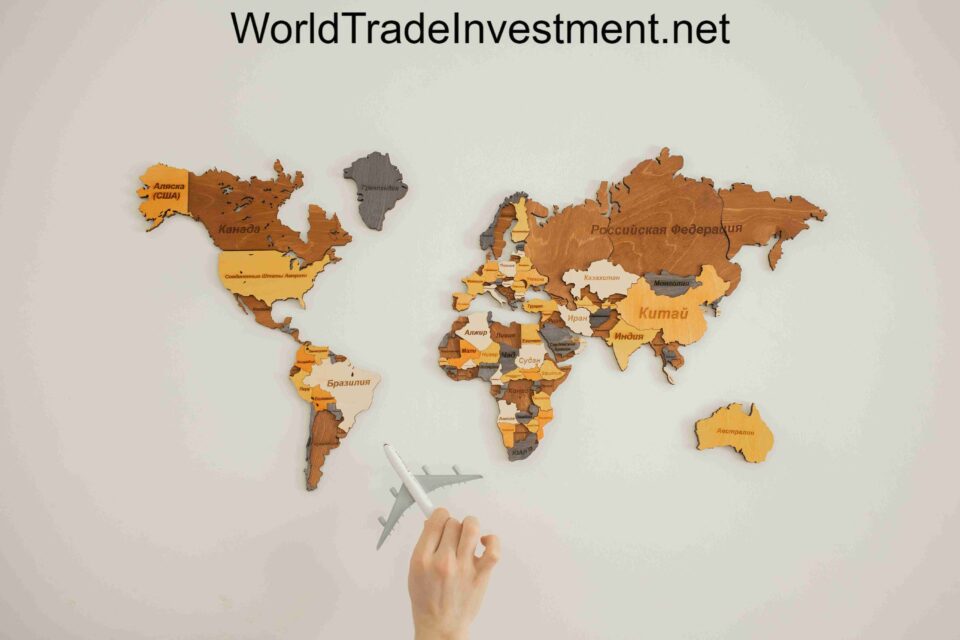
While there are threats to globalization, the report says, there is limited evidence of a fracturing of the world economy into rival blocs.
What’s the World Economic Forum doing to accelerate action on Global Governance?

Explore and monitor how Global Governance is affecting economies, industries and global issues

Get involved with our crowdsourced digital platform to deliver impact at scale
Stay up to date:
Global Governance
Follow
This article is part of:Shaping the Future of Trade and Investment
Listen to the article
10 min listen
- Data on international flows of trade, capital, information and people strongly rebuts the notion that globalization has given way to deglobalization.
- The latest DHL Global Connectedness Index sees the resilience of global flows as a strong foundation for ‘re-globalization’, in which globalization is reformed to make it work better for everyone.
- While there are threats to globalization, the report says, there is limited evidence of a fracturing of the world economy into rival blocs.
The End of History arrived around 1990, according to the famous book by political theorist Francis Fukuyama. Over 30 years later, it seems that everyone is declaring the end of globalization.
Whether Fukuyama was right has been the subject of debate ever since, and whether those heralding the dawn of deglobalization are right should be up for debate too, according to the latest DHL Global Connectedness Index, authored by Steven A. Altman and Caroline R. Bastian of the New York University Stern School of Business.
It examines international flows of trade, capital, information and people, and says they “have proven remarkably resilient through recent crises, and … strongly rebut the notion that globalization has given way to deglobalization”.

The latest DHL Global Connectedness Index sees the resilience of global flows as a strong foundation for ‘re-globalization’. Image: DHL Global Connectedness Index 2022.
The Index even goes as far as to say that this resilience is providing a basis for “re-globalization”, which it defines as “reforming globalization to make it work better, expanding its pool of beneficiaries and better managing its challenges”.
This chimes with historian Adam Tooze’s prediction at the World Economic Forum’s Annual Meeting at Davos in 2023, that we will see a “new cocktail of globalization” in the next 10 years, with developments such as the energy transition creating new sets of interdependencies.
Threats to globalization
However, the report also acknowledges that threats to globalization are real, with today’s “turbulent environment” of geopolitical tensions and other crises not being beneficial to business and policy-making.
Like the World Economic Forum’s Global Risks Report 2023 – which lists “geoeconomic confrontation” as the third-biggest risk facing the world in the next two years – DHL’s Global Connectedness Index sees tensions between the US and China. The Index also highlights evidence of a decoupling between the world’s biggest economies, with flows of trade, capital, information and people between the two dropping as a share of each country’s total. This is illustrated by the chart below, where the bars (most recent shares) do not extend as far to the right as the circles (shares in 2016).




